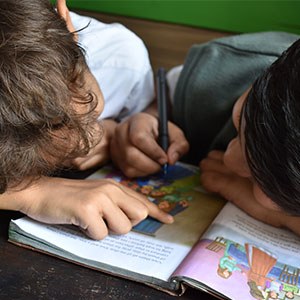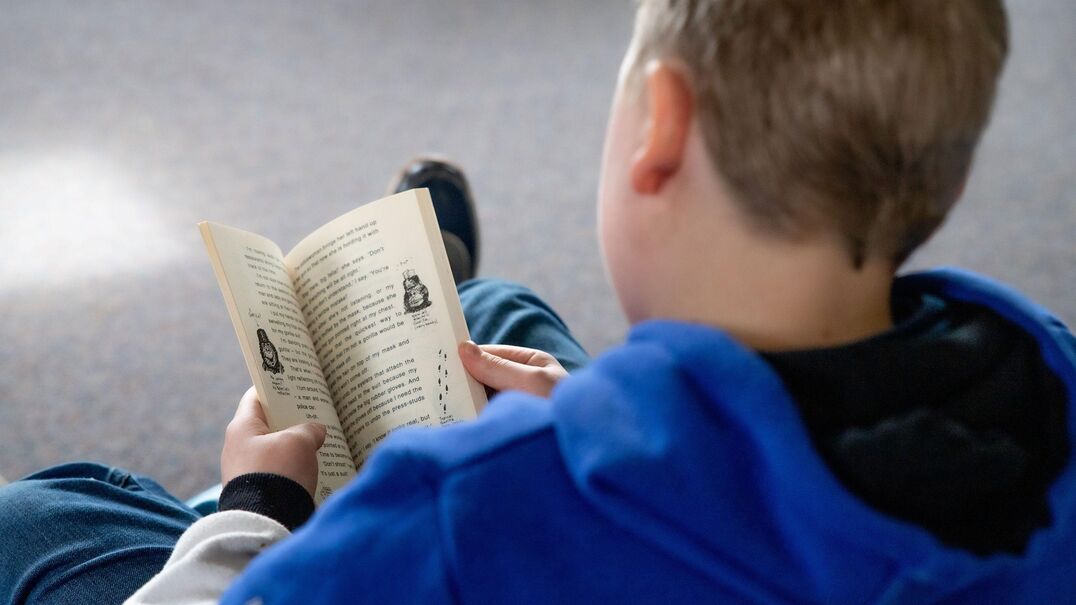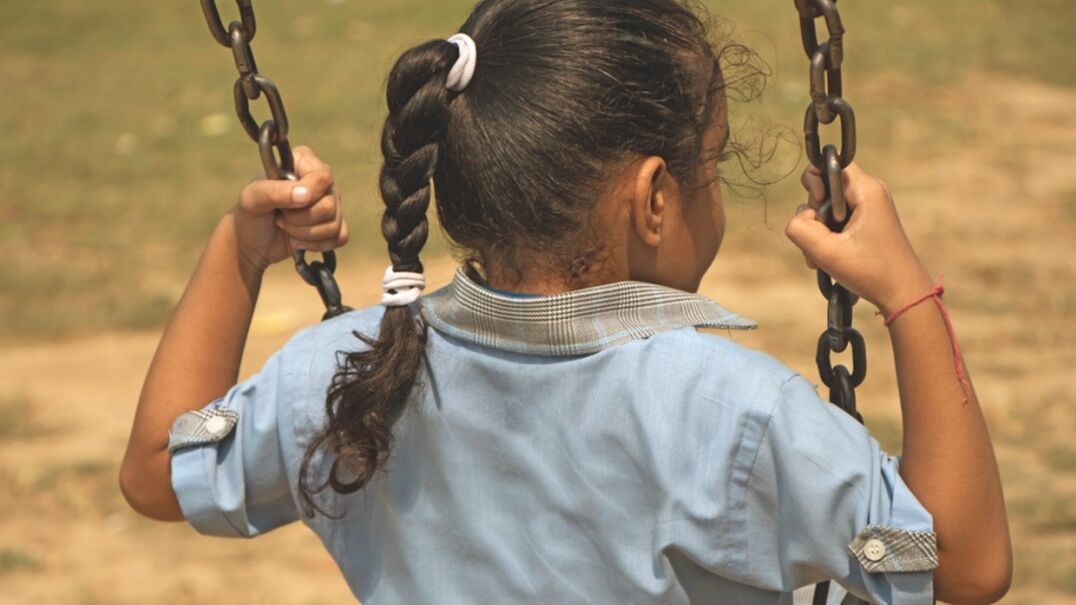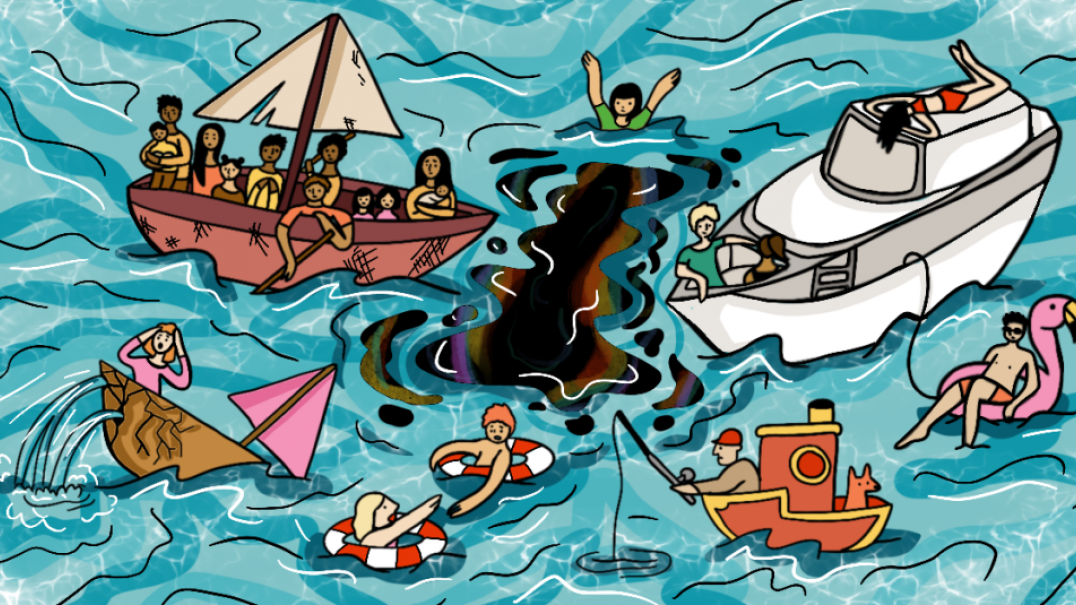Self-regulation
Self-regulation can be defined as the ability to control your behaviour, emotions and thoughts, and specifically, to be able to manage disruptive emotions and impulses (Bandura, 1991). In times like these, it becomes even more important to be building self-regulation skills in ourselves and our young people.
Decision fatigue
One of the ways we can preserve our self-regulation abilities, is to avoid decision fatigue. Social Psychologist Ray Baumeister (1998) coined the term decision fatigue, as the decline in a person’s ability to make quality decisions after many decisions have been made in a row. Self-regulation is like a muscle, once ‘spent’ it is hard to exercise it again and again. The more choices we are forced to make the more the quality of our decisions is impacted. For teachers looking for new and innovative ways to teach via distance, and for parents working hard to keep their children on track while learning in a remote environment (or from home), there is an overwhelming amount of information available about the best way to deal with this unique circumstance we find ourselves in. If you were to look up every strategy, and every tool available, you may find yourself experiencing decision fatigue.
Strategies for avoiding decision fatigue
For adults
- Once you’ve found a schedule or flow of the day you think will work for you, try working with that routine for a week – if it is working, great – if not, then give yourself a set amount of time to look for something else, or change one thing to see if that helps.
- When searching online for apps, activities or lessons, set a time limit, or a maximum number of lessons you’re looking for, and then stop when you have what you need. This will avoid ending up with too many ideas, and then needing to spend more time deciding which activity or idea to pursue.
- Think about your non-negotiables and factor as many of these into your day as possible – e.g. turn cooking dinner into a measurement lesson, or plan a health and PE lesson at a time when you and your kids need a break.
For children

- Give your students/child limited options: two options of books to read, activities to do, games to play etc. This will help avoid an afternoon of young people who have used up their self-regulation resources on making these smaller decisions throughout the day.
- If you want to set a project, give two options rather than leaving it open-ended. Too many choices can lead to decision fatigue, or decision avoidance, where we will spend too long deciding what to do rather than spending those precious minutes and hours on the actual project (if you’ve ever spent hours looking for accommodation for a holiday when there are hundreds available you’ll know what we mean!)
- Include some non-negotiables where no decisions need to be made. This could be relaxation time after lunch as an example, or a game in the afternoon.
For everyone
- Create a morning routine that includes making your most important decisions in the morning, when self-regulation is at its highest.
- Take regular food and drink breaks, to maintain good levels of self-regulation. Hungry and thirsty adults and students can lead to poorer self-regulation due to fatigue.
- Use this time to create some good sleeping routines – this will also help you and your child’s abilities to self-regulate. You may even want to plan a sleep study for your children/students as a project.
- Focus on what’s important: with so much to cover, it is easy to forget that relationships and engagement in learning are paramount – if you find yourself getting too caught up in the planning and doing, go back to the basics of what you can do and what is most important for you as a parent or professional, and for the children you are teaching.
For more information
- Follow us on Twitter at @BSEMaus
- Check out our COVID-19 specific resources at https://www.berrystreet.org.au/covid-19-resources
Bandura, A. (1991). Social cognitive theory of self-regulation. Organizational behaviour and human decision processes, 50(2), 248-287.
Baumeister, R. F., Leith, K. P., Muraven, M., & Bratslavsky, E. (1998). Self-regulation as a key to success in life. In D. Pushkar, W. M. Bukowski, A. E. Schwartzman, D. M. Stack, & D. R. White (Eds.), Improving competence across the lifespan: Building interventions based on theory and research (p. 117–132). Plenum Press.

Cheree Taylor
Master of Business Administration | Bachelor of Education (Special Education) | Bachelor of Arts (Psychology and Youth Studies) | Certificate IV in Training and Assessment



